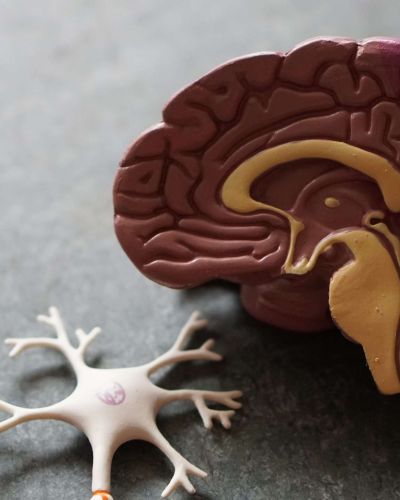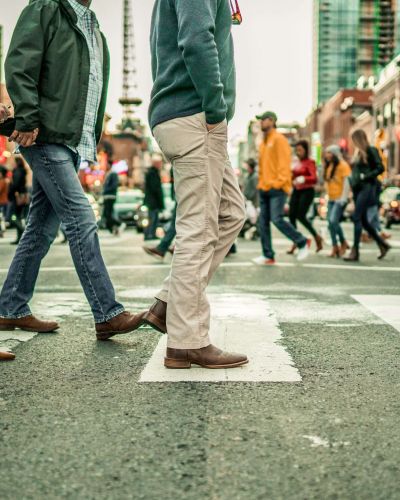Articles
The Elephant Decides The Case
Jonathan Haidt, a social psychologist, explains: “The mind is divided, like a rider on an elephant, and the rider’s job is to serve the elephant.”
The rider represents reason, and the elephant represents emotion.
Despite our best efforts in the courtroom, the elephant decides the case:
“Perched atop the Elephant, the Rider holds the reins and seems to be the leader. But the Rider’s control is precarious because the Rider is so small relative to the Elephant. Anytime the six-ton Elephant and the Rider disagree about which direction to go, the Rider is going to lose.”
The rider cannot control the elephant. As such, when it comes to making decisions, we (including judges and jurors) subconsciously make decisions based on emotion and then support those decisions with reason. I have seen this time and again in court.
So what does this mean for the trial attorney? To get results in court, you have to be mindful of the emotions in the case and capitalize on them. And if you don’t believe me, listen to Gerry Spence:
“I have said I have no quarrel with the intellect. These words were born of it. I simply do not wish the head to rule every aspect of the human experience, nor feelings to be reduced to some unsavory attachment to the person, something akin to original sin. Moreover, I am not a fan of flabby sentimentality that by its excessiveness mocks honest feeling. But be assured—despite all their protests to the contrary—the decisions of most power persons are rooted in the very feeling they deny. A simple and universal process is at work. We feel first, then decide accordingly. Our decision may be wrong. It can even be spiteful or evil, and we will announce our decision only after we have smeared it with the stuff of the left lobe—with brain-laden, unemotional, cold, linear reasoning. The feeling came first and it was at the feeling level that the decision was made.”
$10,000,000
Defendant, while racing on a residential road, crashed into an oncoming driver causing catastrophic injuries.
$9,000,000
Defendant failed to properly secure a display at its store which led to it falling on a child causing life altering injuries.
$1,500,000
Defendant failed to keep the entrance of its store safe for the public causing significant injuries.
















